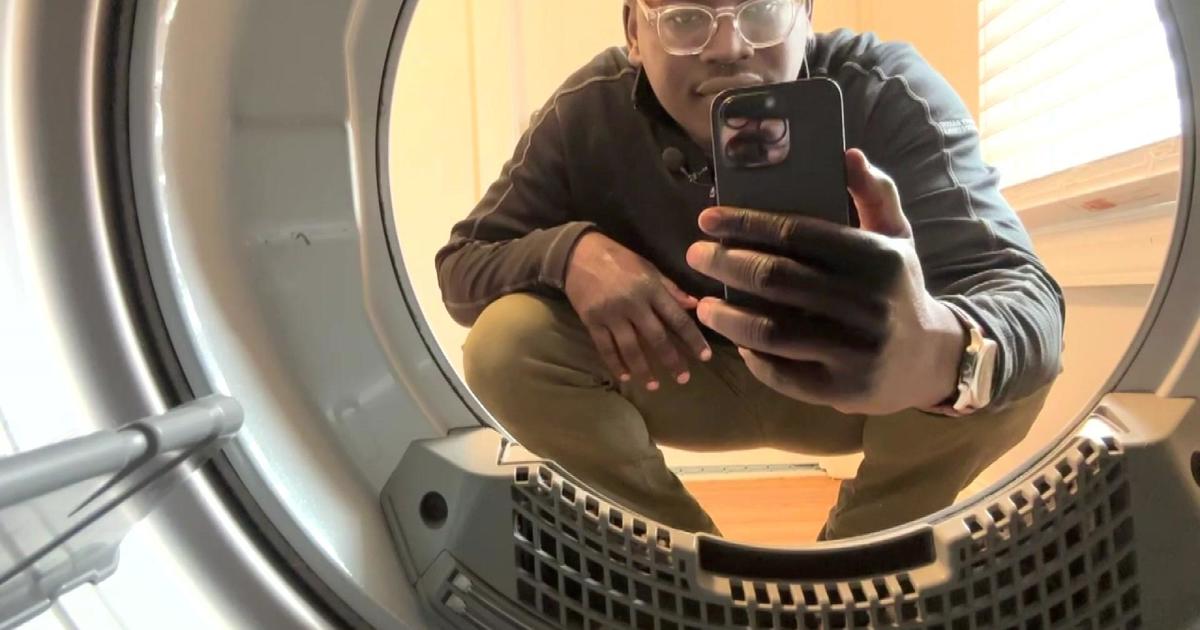Home Grown: The Somali-American Struggle – Heartland Democracy
MINNEAPOLIS (WCCO) – "Home Grown: The Somali-American Struggle" looks into the lives of the Somali population in Minnesota. In the second part of this series, WCCO's Susie Jones takes a look at a program called "Heartland Democracy."
Bashir Ali remembers living in the refugee camp.
"It was really hard because sometimes the water would just cut off and there was nothing to eat," he said.
He was born at the refugee camp. His birthday is Jan. 1, a date given to him while living in the despair and chaos.
"There was a lot to worry about," he said. "We were kind of worried about what we were going to eat tomorrow."
He came to Minnesota two years ago and is now a senior at Roosevelt High School in Minneapolis.
He is also taking part in a program called "Heartland Democracy." It is one of several groups in the Twin Cities helping young Somali people find their way in this country.
"I'm willing to go out there and help those other teenagers who don't really understand what's going on," he said. "They don't understand why they are here and the chance they have been given to have an education in the United States and what it can lead to in the future."
Ahmed Amin is 29 years old and came to this country when he was 12. He graduated from Minneapolis Roosevelt High School and is now teaching there.
In addition to teaching, he works as a coach, with Heartland, helping young people caught in a difficult position. They are trying to abide by the traditions of their Somali roots and also working to fit in.
"You're trying to live in two different world," he said. "That's why it's important for those of us who have kind of succeeded in assimilating in this country to be role models."
Mary McKinley is executive director of that small non-profit, which was thrust into the national spot light in the aftermath of the arrest of a young man caught at the airport, trying to leave this country to join the terror group ISIS.
She says they were assigned by a federal judge to mentor one of the young men accused in a terror case.
"We have a curriculum that we believe empowers people to find a stronger connection to both who they are and what they believe in, and how that can be used as a tool to make their community better," McKinley said.
She believes there is an opportunity to talk about the Somali people in broader terms and not just stopping the "recruitment" problem.
"I think we do need to talk about that, but I think, more broadly, there are concerns in our new American Communities that need to be talked about," she said. "I think they can bump up against some really uncomfortable topics like race and religion."
She called it a real opportunity, one that if accomplished could help solve the issue of recruitment as well.



